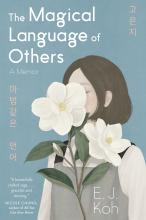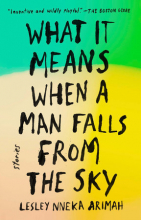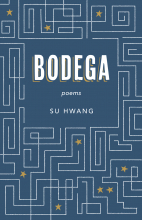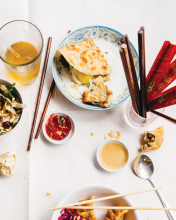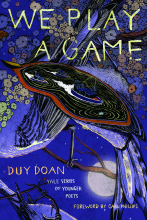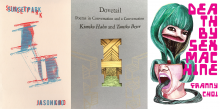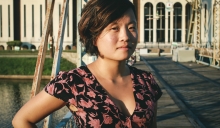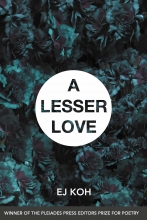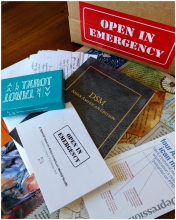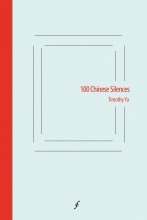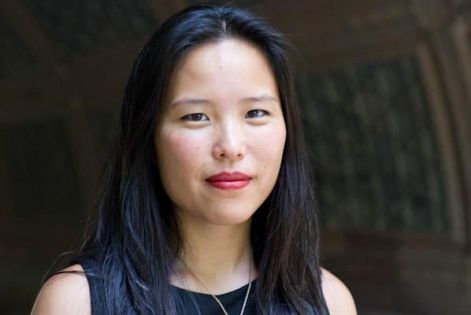
Leah Silvieus is the author most recently of the poetry collection Arabilis and is the co-editor of The World I Leave You: Asian American Poets on Faith and Spirit. She holds an MFA from the University of Miami and has awards and fellowships from The National Book Critics Circle, Fulbright, and Kundiman. Her criticism has appeared in The Harvard Review, The Believer, and elsewhere. She is currently based in New Haven, CT, where she is studying literature and religion at Yale Divinity School and the Yale Institute of Sacred Music.

